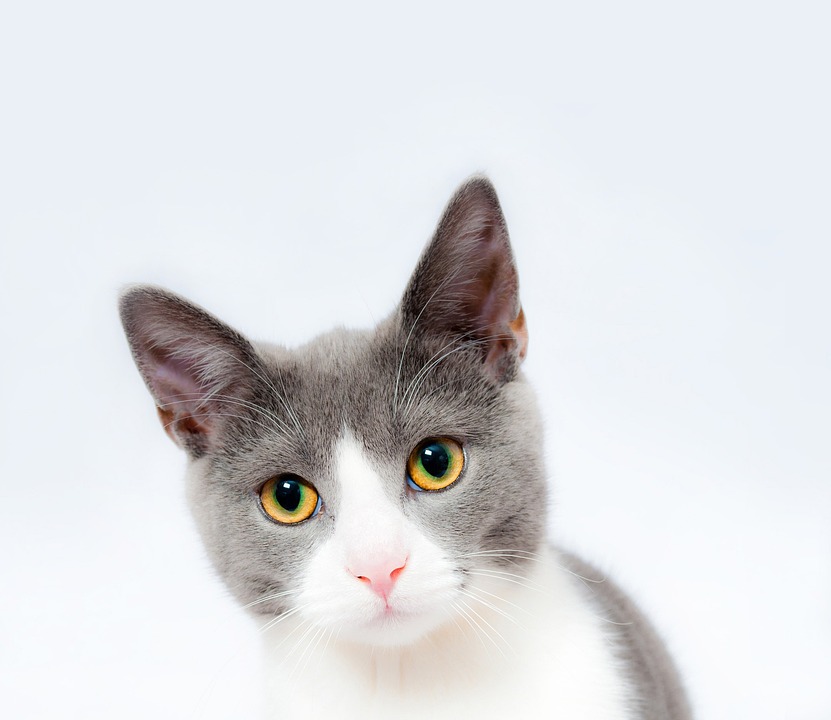Cats are beloved pets that bring joy and companionship to many households. However, they are also prone to various viral infections that can significantly affect their health and well-being. Two of the most common viral infections in cats are feline leukemia virus (FeLV) and feline immunodeficiency virus (FIV). In this article, we will provide a comprehensive understanding of these infections, their impact on cats, and how to manage them effectively.
Feline Leukemia Virus (FeLV):
FeLV is a contagious virus that affects cats worldwide. It attacks the immune system, making cats more susceptible to infections and diseases. FeLV can be transmitted through close contact with infected cats, such as through mutual grooming, sharing food and water bowls, and biting.
Signs and symptoms of FeLV include weight loss, poor appetite, lethargy, pale gums, persistent fever, and recurring infections. If left untreated, FeLV can lead to severe anemia, cancer, and other life-threatening conditions.
Diagnosis of FeLV is done through blood tests that detect the presence of the virus. If a cat tests positive for FeLV, further tests may be conducted to assess the extent of the infection.
Treatment for FeLV focuses on managing symptoms and preventing secondary infections. Supportive care, such as good nutrition and regular veterinary check-ups, is essential. There is no cure for FeLV, but vaccinations are available to prevent infection.
Feline Immunodeficiency Virus (FIV):
FIV is another viral infection that affects cats worldwide. It attacks the immune system, similar to HIV in humans. FIV is mainly transmitted through deep bite wounds from infected cats during fights. It can also be transmitted from an infected mother cat to her kittens during birth or through nursing.
Signs and symptoms of FIV include weight loss, poor coat condition, swollen lymph nodes, oral infections, and recurring infections. Like FeLV, FIV weakens the immune system, making cats more susceptible to other diseases and infections.
Diagnosis of FIV is done through blood tests that detect antibodies to the virus. If a cat tests positive for FIV, confirmatory tests may be conducted to confirm the diagnosis.
Treatment for FIV focuses on managing symptoms and preventing secondary infections. Regular veterinary check-ups, good nutrition, and a stress-free environment are essential. There is no cure for FIV, but vaccinations are available to prevent infection.
Understanding the Similarities and Differences between FeLV and FIV:
While FeLV and FIV are both viral infections that affect cats, there are some key differences between the two:
1. Transmission Differences: FeLV is mainly transmitted through close contact, while FIV is primarily transmitted through deep bite wounds.
2. Disease Progression Differences: FeLV progresses more rapidly than FIV and can lead to severe anemia and cancer. FIV has a slower progression and can lead to chronic infections and immune system dysfunction.
3. Treatment and Management Differences: FeLV treatment focuses on managing symptoms and preventing secondary infections, while FIV treatment focuses on symptom management and preventing other infections. Both infections require regular veterinary care and a supportive environment.
Frequently Asked Questions (FAQs):
1. Can FeLV or FIV be transmitted to humans?
No, FeLV and FIV cannot be transmitted to humans.
2. Can FeLV-positive and FIV-positive cats live together?
It is generally recommended to keep FeLV-positive and FIV-positive cats separate to prevent the transmission of other infections.
3. Are there any specific dietary requirements for FeLV or FIV-positive cats?
FeLV and FIV-positive cats may benefit from a balanced and nutritious diet to support their immune systems. Consult with a veterinarian for specific dietary recommendations.
4. Can FeLV or FIV-positive cats be spayed or neutered?
Yes, FeLV and FIV-positive cats can be spayed or neutered. This helps prevent the spread of the virus and unwanted pregnancies.
5. Is it safe to bring a FeLV or FIV-positive cat into a multi-cat household?
It is generally recommended to keep FeLV or FIV-positive cats separate from other cats to prevent transmission. Consult with a veterinarian for guidance on introducing a positive cat into a multi-cat household.
6. How often should FeLV or FIV-positive cats be tested?
FeLV and FIV-positive cats should be tested regularly, especially if they show any signs of illness or if they have been exposed to other cats.
Conclusion:
FeLV and FIV are serious viral infections that can greatly impact a cat’s health and quality of life. Understanding the transmission, symptoms, diagnosis, treatment, and prevention methods for these viruses is crucial for cat owners. By following proper management techniques and seeking veterinary care, cat owners can ensure their feline companions live long and fulfilling lives, even in the presence of FeLV or FIV.








